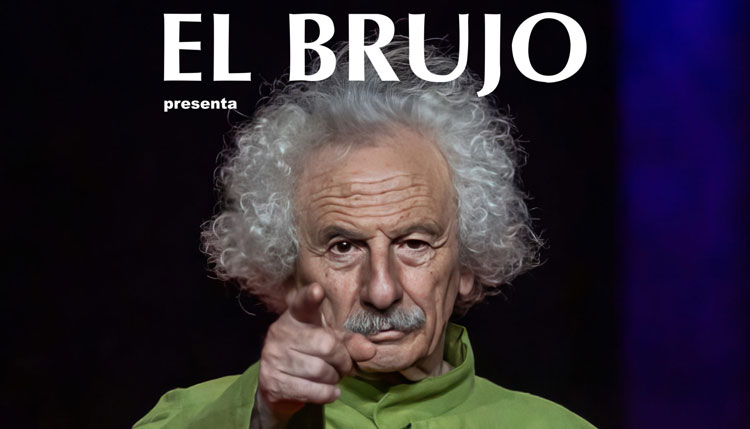The Teatro Bellas Artes de Madrid premieres today the work Icons or the exploration of destiny, with Rafael Álvarez, El Brujo, as protagonist. Tickets can be purchased at this link.
This show could be considered as the third part of a trilogy of classical stories formed by Aeschylus, birth and death of tragedy and later Gods and God. The three shows revolve around the oral tradition of mythological stories on which the great Greek tragedies are built. At the same time, the three shows are humorous monologues in which the language and resources of comedy are confronted with the arguments of the most well-known classical tragedies often represented at the Mérida Festival. This mixture of tragedy and humor is not foreign to the origin and perennial essence of Greek theatre.
Silenus, the demigod who acts as patron of tragedy, and subordinate to Dionysius, god of tragedy, is said that when Midas asked him “what was best for man”, Silenus replied: “the best thing for man would be not to have been born”. To the astonishment of Midas, Sileno added: “but do not worry, since you are born, it would be best for you to die as soon as possible”. This can only be understood as a joke that suggests the “absurdity of existence”, which is the great leitmotif of all the Greek tragedy.
It was still 25 centuries before Valle-Inclán presented that mixture again in his brilliant creation of the spermipento. The mixture of genres was always there, showing that the dividing lines are a conventional creation, a code, for the audience to adapt their attitude towards the show.
Icons or the Exploration of Fate is a humorous monologue that reflects on fate in Greek tragedy. The great iconic figures of Medea, Oedipus, Antigona and finally Hécuba parade through this show. The exploration of fate comes from a comparative exposition of this determining force (destiny) in the lives of tragic heroes and, likewise, in the accounts of Hindu mythology, where the concept of karma includes in the dynamism of fate, the concept of freedom.
All these ingredients are interspersed with autobiographical experiences of the author and actor himself, as parodies of humor, with didactic elements of the usual repertoire of the Festival de Teatro Clásico de Mérida.
